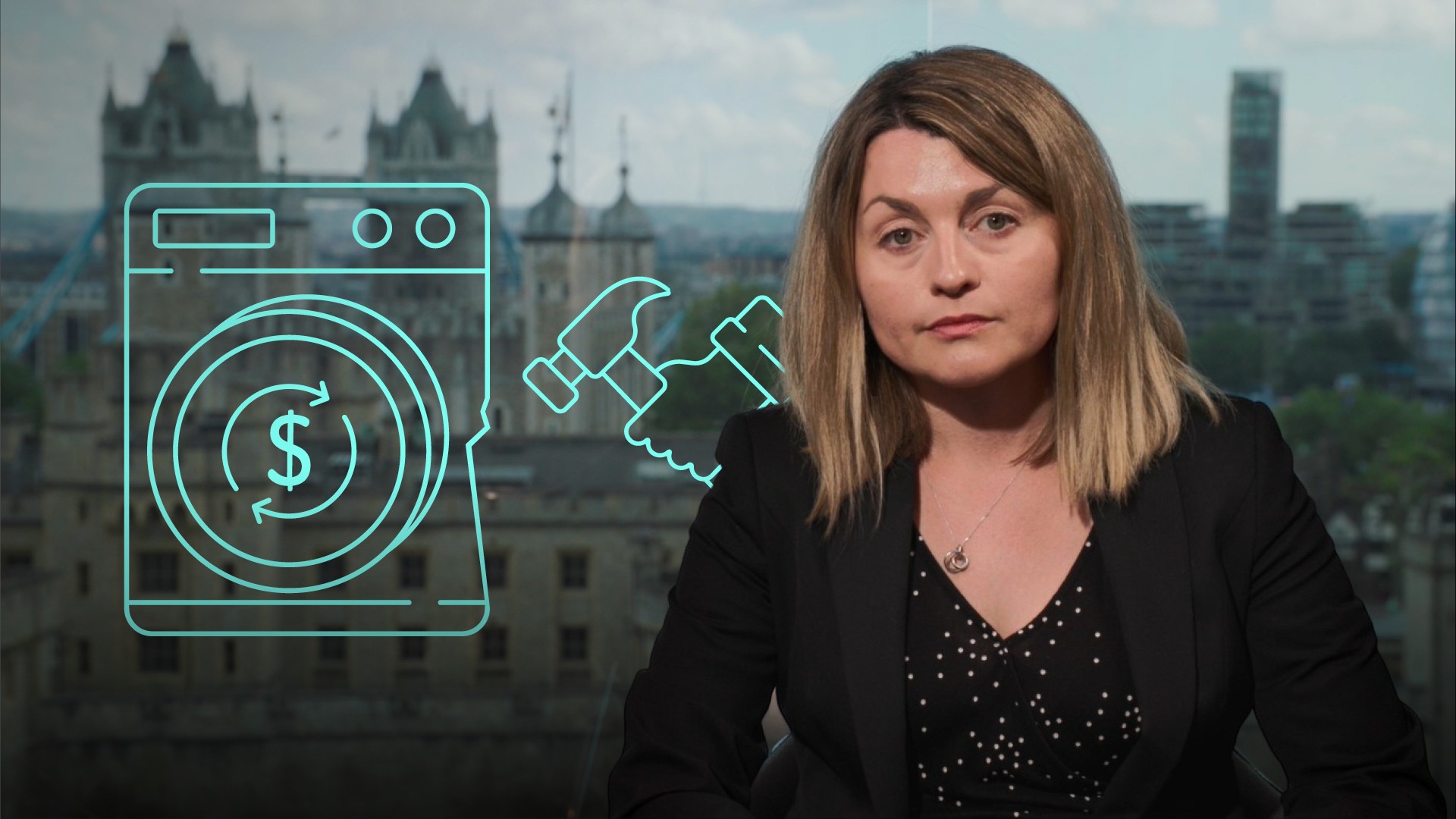
Role of a Money Laundering Reporting Officer

Jodie Toporowski
Director
A firm’s Money Laundering Reporting Officer, or MLRO, acts as the focal point for all activity within the firm relating to anti-money laundering. In this video, Jodie looks at the role and duties of the MLRO, the personal accountabilities attached to the role, as well as the regulatory and legal requirements they must adhere to.
A firm’s Money Laundering Reporting Officer, or MLRO, acts as the focal point for all activity within the firm relating to anti-money laundering. In this video, Jodie looks at the role and duties of the MLRO, the personal accountabilities attached to the role, as well as the regulatory and legal requirements they must adhere to.

Role of a Money Laundering Reporting Officer
9 mins 36 secs
Key learning objectives:
What is the role of the MLRO?
What are the FCA accountabilities of the role?
What are the responsibilities under Proceeds of Crime Act 2002?
Overview:
The Money Laundering Reporting Officer is a crucial role within financial firms. As with other senior management function roles, the MLRO is not only accountable to their firm, but also to the regulators and law enforcement.
What is the role of the MLRO?
An MLRO is the person within a firm who is nominated to receive disclosures from employees regarding instances of suspected money laundering. The MLRO has the responsibility of deciding whether to report suspicions to the National Crime Agency (NCA).
The MLRO will be the leader and subject matter expert for the firm on Financial Crime. The role entails functions and responsibilities that are essential in ensuring the firm achieves compliance with its legal and regulatory obligations.
Key functions /responsibilities:
- Delivering a comprehensive, risk-based Financial Crime framework
- Assisting the firm in identifying emerging financial crime risks and what mitigants can be put in place as controls
- Provide reporting to senior management and boards on matters relating to Financial Crime
- Investigate and, when required, make Suspicious Activity Reports to National Crime Agency
- Maintain their knowledge through attending industry seminars and association. meetings on Financial Crime topics to ensure continued adoption of best practice
- Carry out regular assessments, reviews and on-going monitoring of the financial crime framework and the effectiveness of the controls
What are the FCA accountabilities of the role?
FCA regulated firm MLRO’s are required to hold Senior Management Function 17 (SMF 17) with its prescribed responsibility. The identified risks will need to be managed, monitored and reported Senior Management with adequate oversight.
The designated FCA Senior Management function has increased the individual accountability for the MLRO.
The SMCR brought with it Conduct Rules which apply to all staff with a firm and further second tier of conduct rules that apply to Senior Managers.
The regime and its rules further assist the Compliance Officer in raising the standards of conduct and making compliance everyone’s business.
What are the responsibilities under Proceeds of Crime Act 2002?
The Proceeds of Crime Act (POCA) contains both general money laundering offences and specific offences of failing to report money laundering in the regulated sector. Under POCA an MLRO must:
Disclose to the NCA reports received under s337 and 338 of POCA 2002.
Where an MLRO receives a disclosure under s330 of POCA 2002 that cause him to know, suspect or have reasonable grounds for suspicion that money laundering is taking place, make a disclosure to the NCA.

Jodie Toporowski
There are no available Videos from "Jodie Toporowski"

